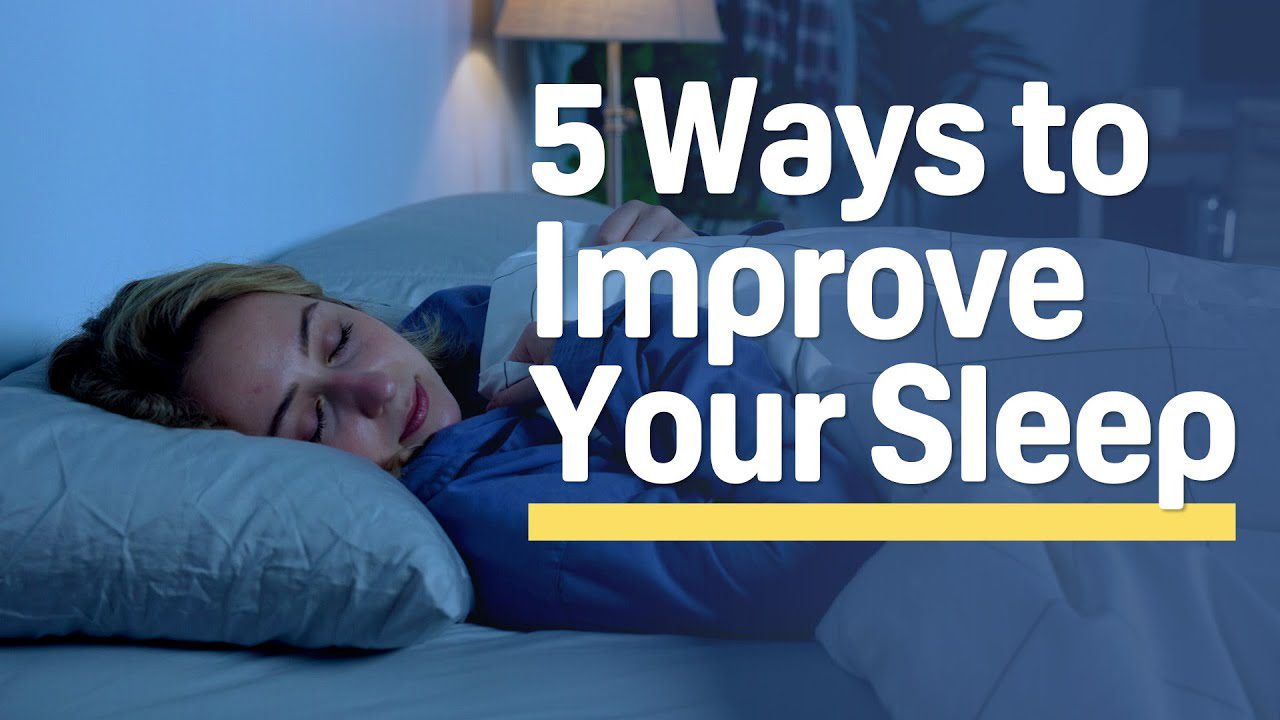The Science of Sleep

The Science of Sleep: Tips for Better Rest and Improved Productivity
Sleep is essential for our physical and mental health. It allows our bodies to rest and repair themselves, and it helps us to consolidate memories and learn new things. When we don’t get enough sleep, we can experience a range of negative consequences, including fatigue, difficulty concentrating, impaired judgment, and increased risk of accidents.
The good news is that there are a number of things we can do to improve our sleep. Here are some tips based on the science of sleep
Stick to a regular sleep schedule
Go to bed and wake up at the same time each day, even on weekends. This will help to regulate your body’s natural sleep-wake cycle.
Create a relaxing bedtime routine
This could include taking a warm bath, reading a book, or listening to calming music. Avoid watching TV or using electronic devices in the hour before bed, as the blue light emitted from these devices can interfere with sleep.
Make sure your bedroom is dark, quiet, and cool
Darkness helps to promote the production of melatonin, a hormone that helps us to fall asleep. Noise and light can disrupt sleep, so make sure your bedroom is as dark and quiet as possible. A cool temperature (around 65 degrees Fahrenheit) is also ideal for sleep.
Avoid caffeine and alcohol before bed
Caffeine and alcohol can both interfere with sleep. Caffeine is a stimulant that can keep you awake, while alcohol can disrupt sleep later in the night.
Get regular exercise
Exercise can help to improve sleep quality, but it’s important to avoid exercising too close to bedtime. Aim to finish your workout at least three hours before bed.
Nap strategically
If you need to nap during the day, keep it short (30 minutes or less) and avoid napping too late in the afternoon.
See a doctor if you have trouble sleeping
If you’ve tried the above tips and you’re still having trouble sleeping, talk to your doctor. There may be an underlying medical condition that’s affecting your sleep.
Following these tips can help you get the sleep you need to improve your physical and mental health, and boost your productivity.
Here are some additional tips that may help you sleep better:
Use your bedroom for sleep only
Avoid watching TV, working, or doing other activities in bed. This will help your body to associate your bedroom with sleep.
Make sure your mattress and pillows are comfortable
If you’re not comfortable, you’re less likely to fall asleep and stay asleep.
Create a comfortable environment
Make sure your bedroom is a quiet, dark, and cool place. You may also want to use earplugs or an eye mask to block out noise and light.
Relax before bed
Take some time to relax before bed by reading, taking a bath, or listening to calming music. This will help you to wind down and fall asleep more easily.
Get help if you need it
If you’re having trouble sleeping, talk to your doctor. They can help you identify any underlying medical conditions that may be affecting your sleep and recommend treatment options.
Getting enough sleep is essential for our health and well-being. By following these tips, you can improve your sleep quality and boost your productivity.




